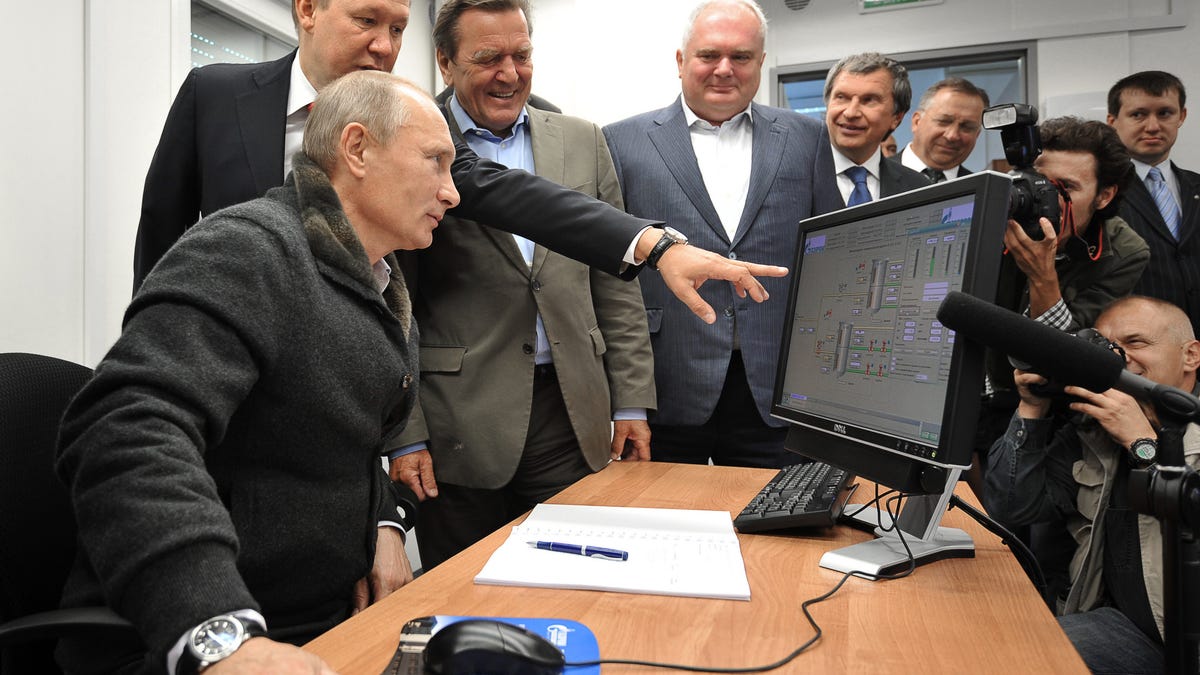Russia blocks access to several Web sites critical of Putin
Russian government orders ISPs to cut access to a handful of opposition Web sites, some of which have criticized recent military incursions on the Crimean peninsula.

The Russian government has blocked several Russian Web sites noted for their criticism of President Vladimir Putin and his government.
Russian Internet service providers were ordered Thursday to cut off access to a handful of sites, including those of opposition leader Alexei Navalny and famed chess champion Garry Kasparov, who runs opposition information site kasparov.ru. The order came down from the prosecutor general's office, according to a statement by state regulator Roskomnadzo (Google translation).
"These sites contain incitement to illegal activity and participation in public events held in violation of the established order," the agency said. Other banned Web sites include the opposition news portals Grani and Ej.ru.
Navalny's blog was blocked over the alleged violation of the terms of a house arrest recently imposed on the opposition leader.
Putin's government, which has been roundly criticized by opposition press for recent military incursion on the Crimean peninsula, is apparently utilizing a law approved in 2012 that allows the government to selectively censor Web pages within its borders because of content that it believes is illegal or harmful to children.
Russia has been pushing for increased controls over the Internet, proposing amendments to a UN telecommunications treaty earlier that year that said the public should have unrestricted access to international telecommunication services, "except in cases where international telecommunication services are used for the purpose of interfering in the internal affairs or undermining the sovereignty, national security, territorial integrity and public safety of other states, or to divulge information of a sensitive nature."
The Electronic Freedom Foundation criticized Thursday's move, saying that the censorship violated the right to freedom of expression guaranteed under the Universal Declaration of Human Rights.
"We are especially concerned about the censorship of independent news and opposing political views, which are essential to a thriving civil society," the organization said in statement, noting that Russians can still visit the banned Web sites via the Tor browser. The US-based Tor Project, which is devoted to providing a system that lets people use the Internet anonymously, is perhaps best known for helping Iranians sidestep increased Internet restrictions put in place by the country's government.

